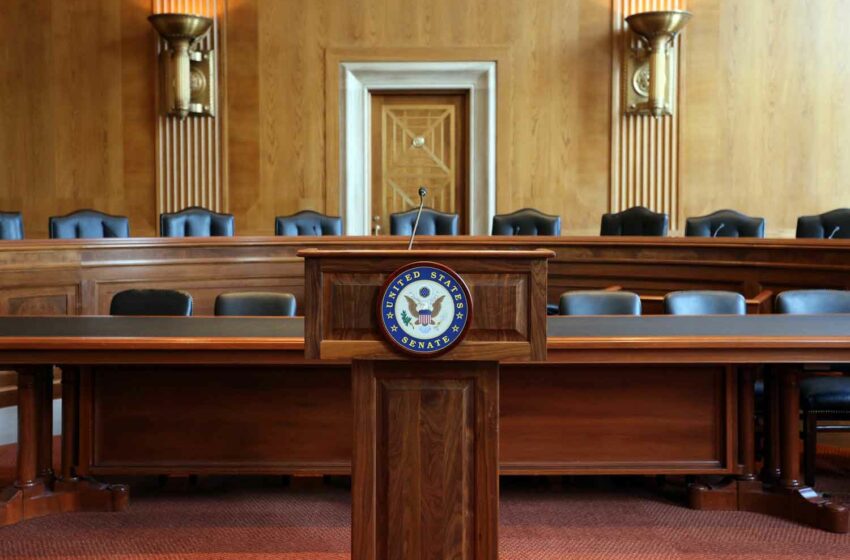
The U.S. Food and Drug Administration has warned six online retailers for selling unauthorized e-liquid products from the Bad Drip brand that imitate prescription drug bottles. The retailers were also warned for selling unauthorized flavored, disposable e-cigarettes, including those under the brand names Funky Republic and HQD.
“It boggles the mind that someone thought it was a good idea to package a tobacco product to look like a prescription drug bottle,” said FDA Center for Tobacco Products Director Brian King in a statement. “There’s no place for this gratuitous and blatantly dangerous packaging, and FDA is committed to taking action against the illegal sale of these products.”
In addition to selling e-liquids that imitate prescription drug bottles, each of these retailers was warned for selling unauthorized disposable e-cigarettes that appeal to youth—including flavors such as apple watermelon and mint.
According to the 2023 National Youth Tobacco Survey, among U.S. middle and high school students who used e-cigarettes, 89.4 percent reported using flavored products and 60.7 percent reported using disposable products.



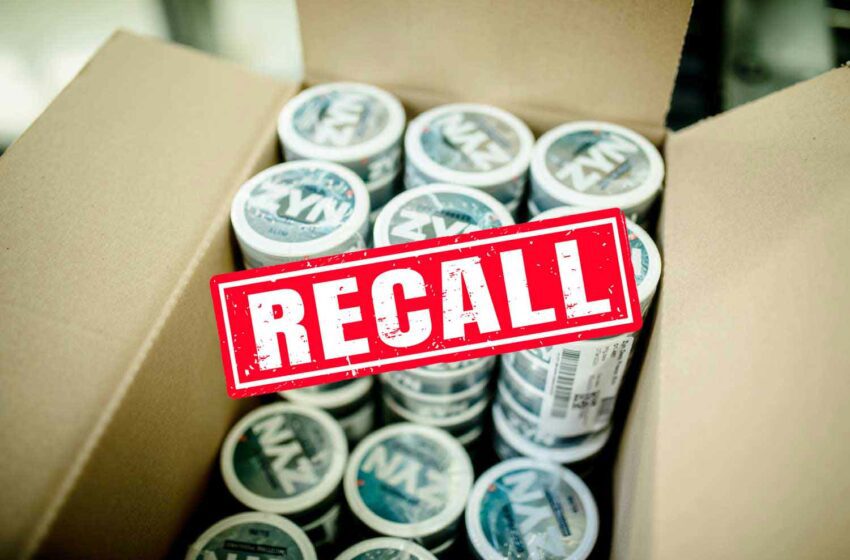
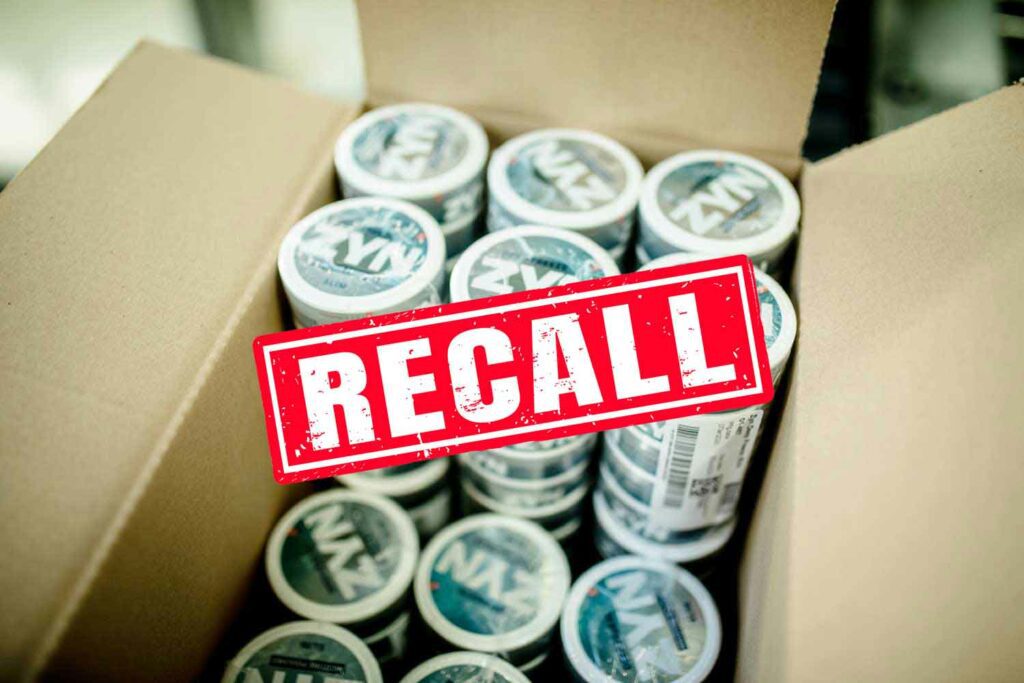
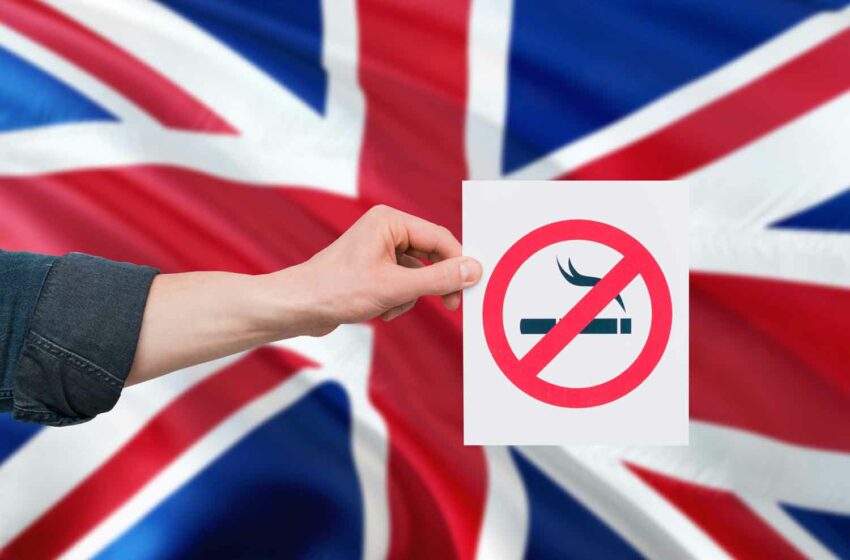
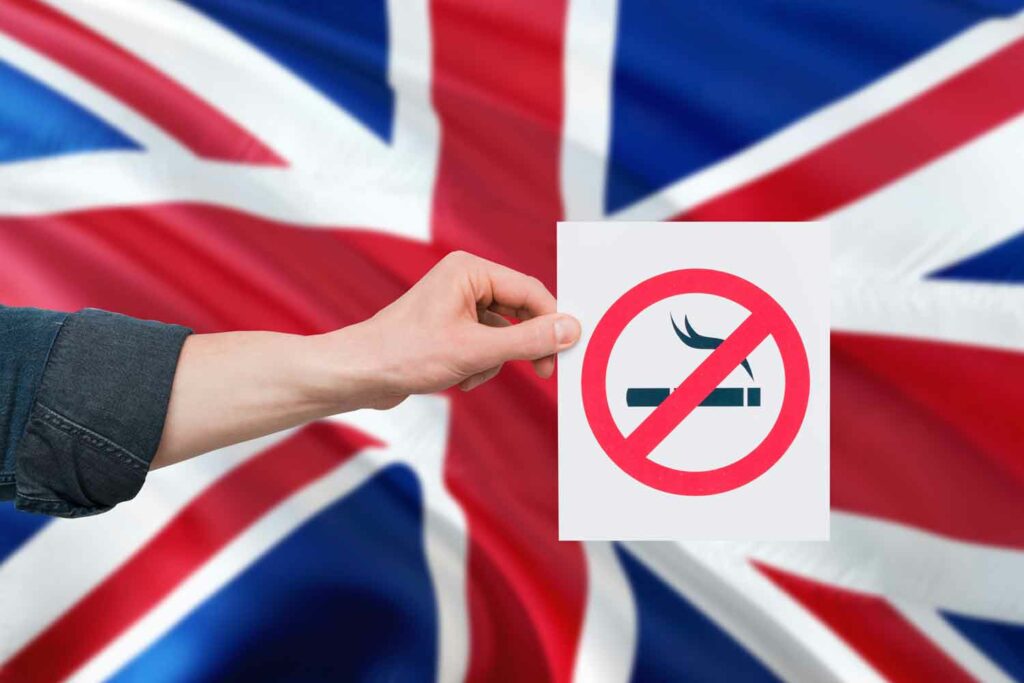








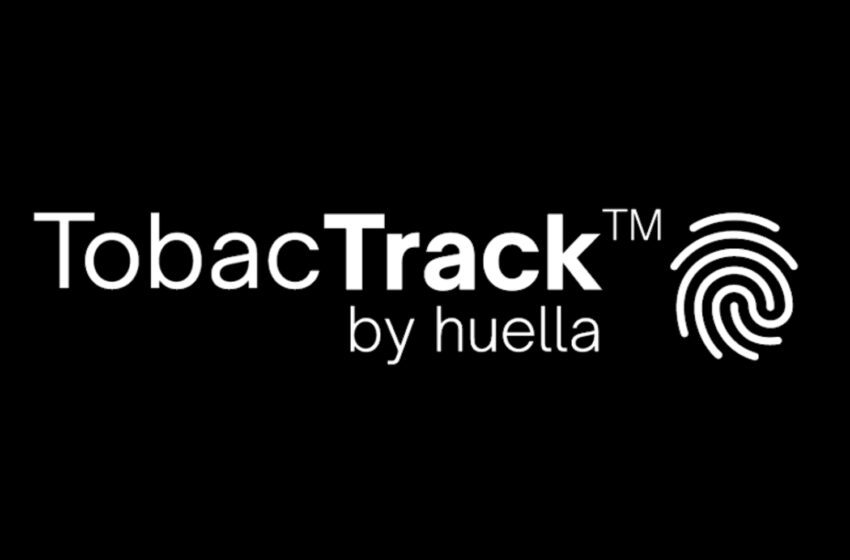
 Huella has introduced TobacTrack, a compliance platform leveraging RFID and block chain technology to streamline regulatory oversight for the U.S. Alcohol and Tobacco Tax and Trade Bureau (TTB) and ensure adherence to the Family Smoking Prevention and Tobacco Control Act.
Huella has introduced TobacTrack, a compliance platform leveraging RFID and block chain technology to streamline regulatory oversight for the U.S. Alcohol and Tobacco Tax and Trade Bureau (TTB) and ensure adherence to the Family Smoking Prevention and Tobacco Control Act.